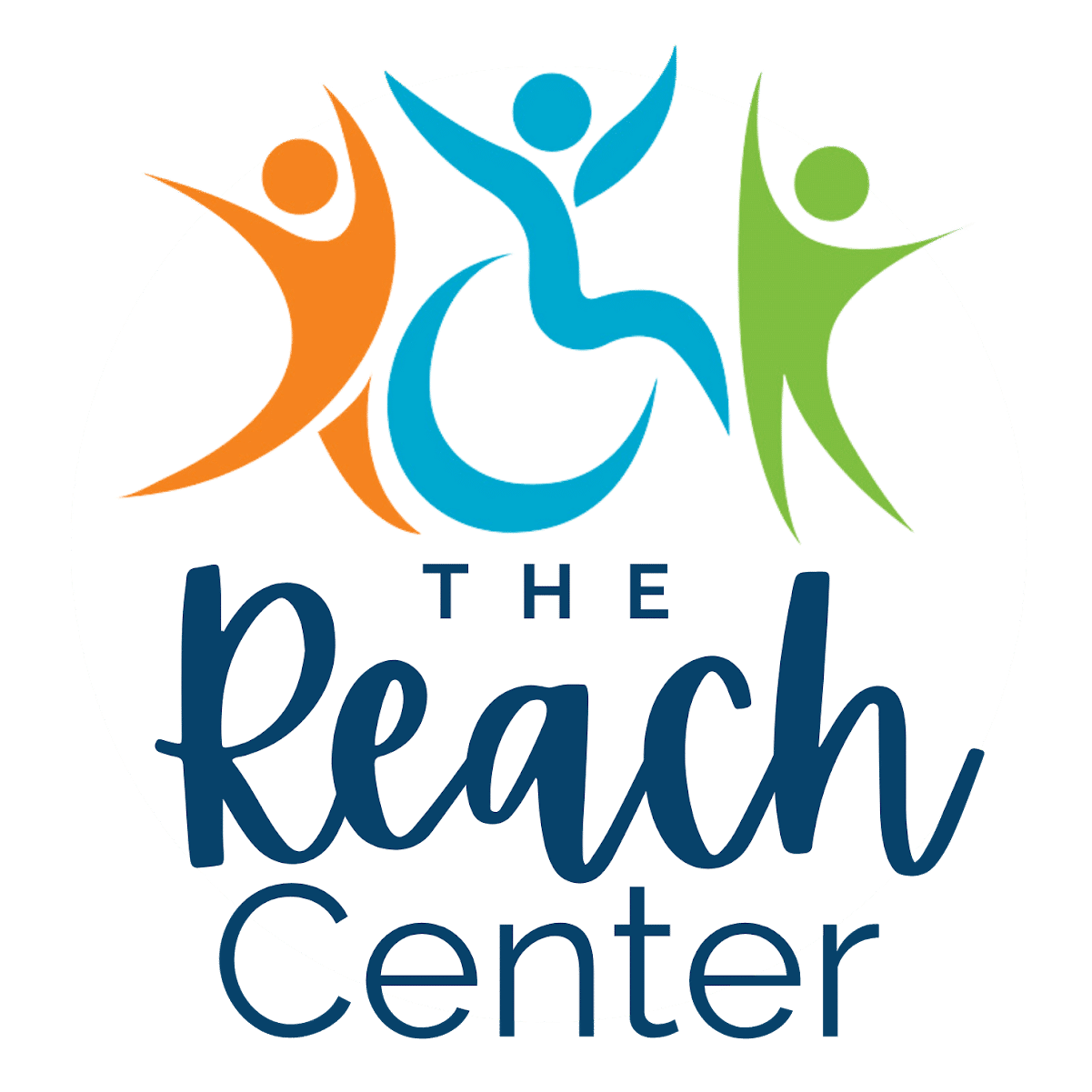In neurodiversity advocacy, the language we use holds profound significance. It shapes perceptions, attitudes, and ultimately, the lived experiences of individuals within the neurodivergent community....

- Team
- About
- Services
- Office Info
- What We Treat
Diagnoses
- Amplified Musculoskeletal Pain Syndrome (AMPS)
- Brain Injury
- Cancer
- Cerebral palsy
- Concussion
- Demyelinating disorders
- Genetic disorders
- Hypermobile Ehlers Danlos Syndrome (EDS) and related disorders
- Neurodegenerative disorders
- Neuromuscular disorders
- Postural Orthostatic Tachycardia Syndrome (POTS)
- Spina bifida
- Spinal cord injury
- Toe walking
- Torticollis
Let us REACH out!
Join our newsletter to stay up to date on news and events.
- Resources
Let us REACH out! Join our newsletter to stay up to date on news and events.
Sign Up
0 views
0 comments